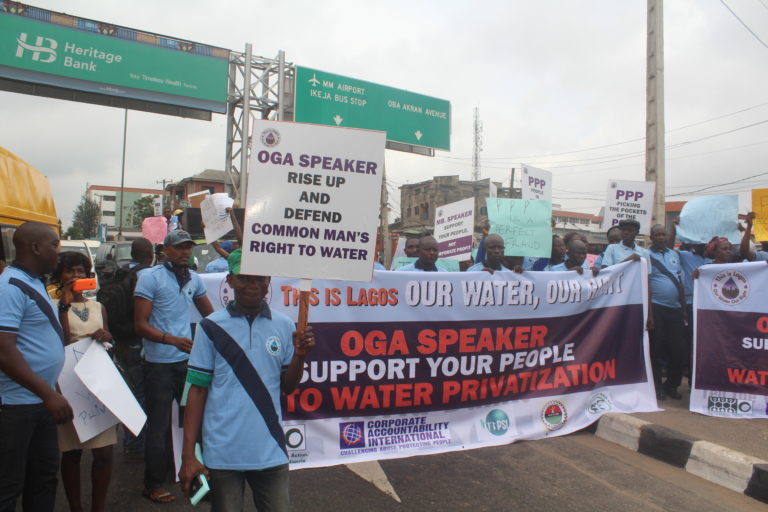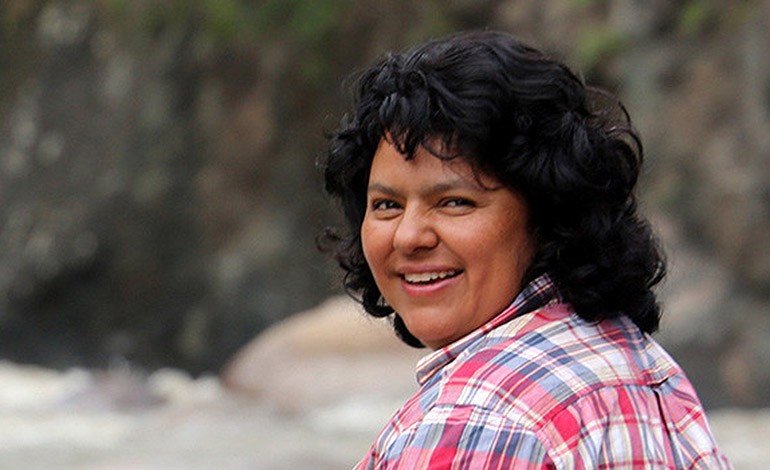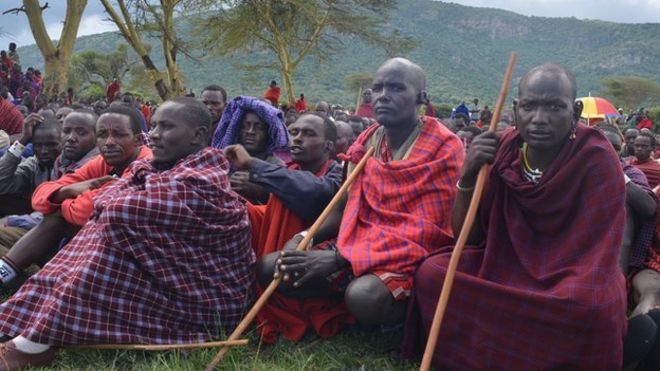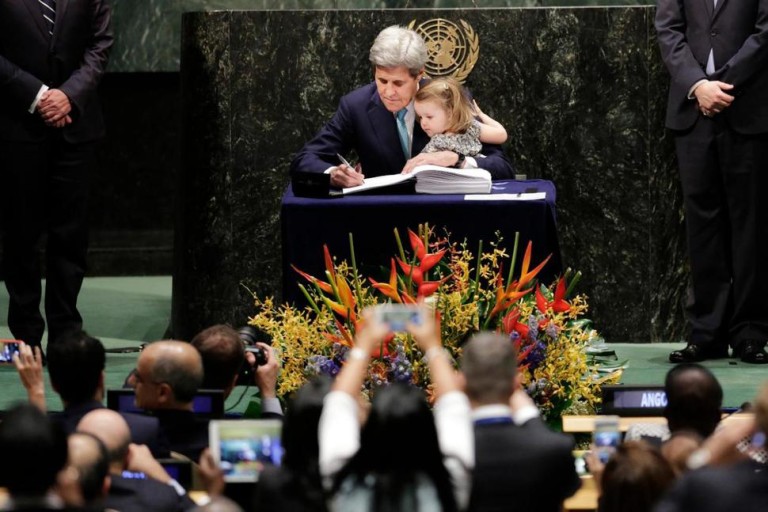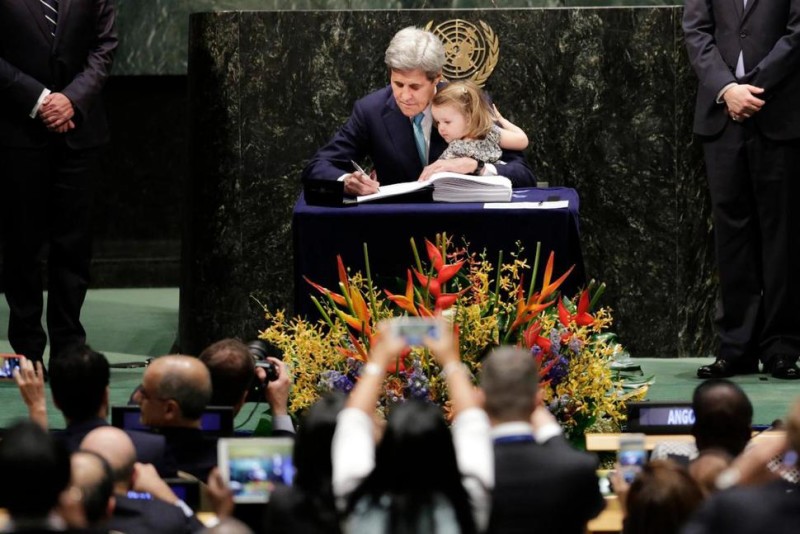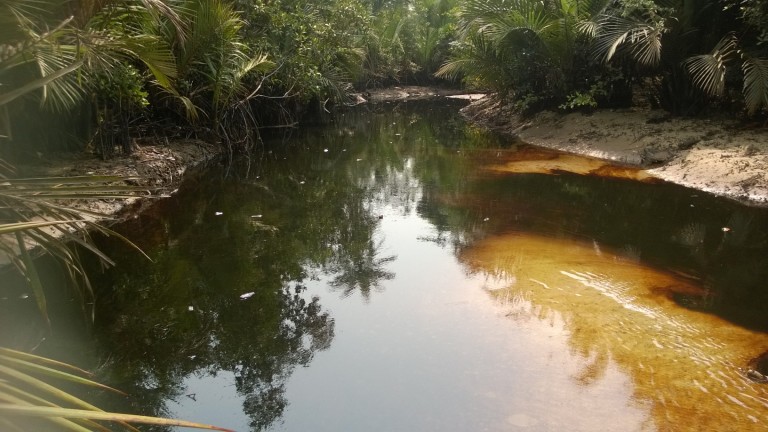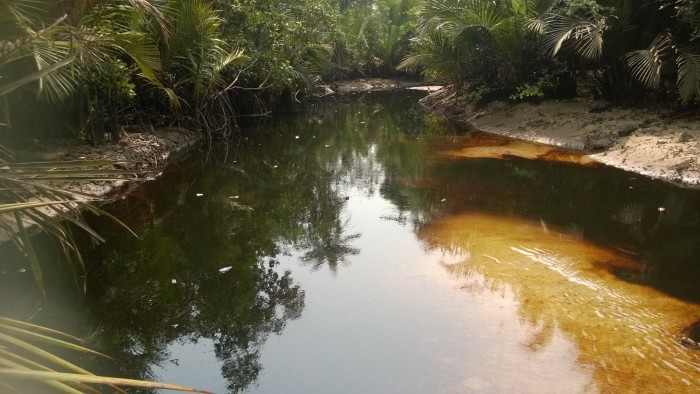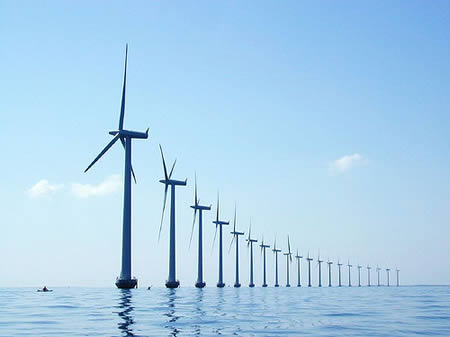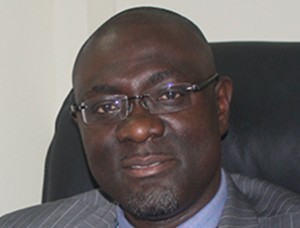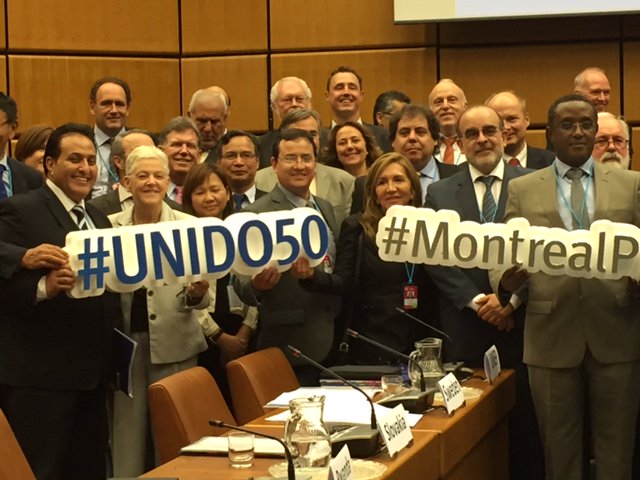Civil society, community/faith-based groups, and labour activists numbering over 300 on Wednesday marched on the Lagos State House of Assembly, Secretariat to deliver a petition titled “Privatisation is not solution to Lagos water problem” to the Speaker of the House, Obasa Mudashiru.
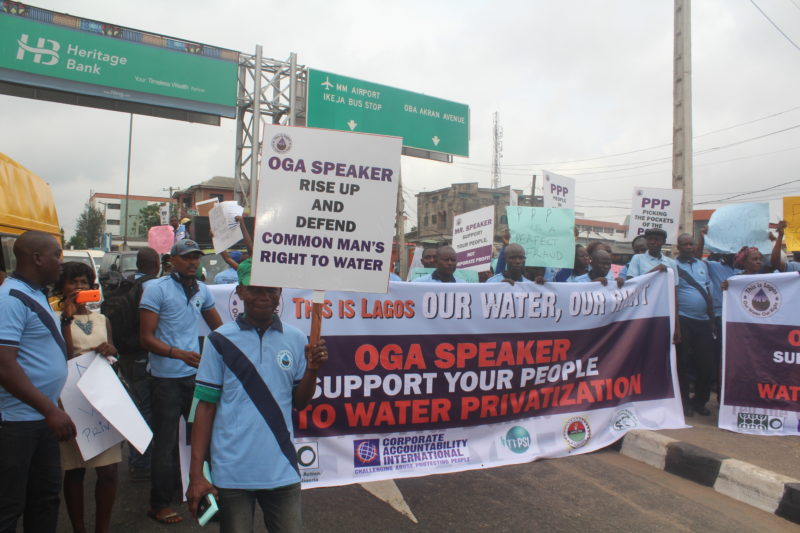
The protest march, which kicked off at the populated Ikeja Under Bridge, saw activists march through the streets, handing out leaflets and singing solidarity songs as they urged Lagos residents to support the campaign to reject plans by the Lagos State Government to press on with a planned water privatisation.
The petitioners, led by officials the Environmental Rights Action/Friends of the Earth International (ERA/FoEN), included key representatives of Public Services International (PSI), the Amalgamated Union of Public Corporations, Civil Service, Technical and Recreational Services Employees (AUPCTRE), Peace and Development Project (PEDEP), as well as community representatives from Agege, Shomolu, Epe, Ikorodu and Ketu.
Participating groups urged the Speaker to join them in affirming the fundamental right to clean water and independent self-governance which Lagos citizens deserve, frowning at decades of the World Bank and the private water industry pushing for the PPP model of water privatisation in Lagos and throughout countries of the Global South.
In the petition, they frowned at the decision of the Speaker to back the PPP plans of the Lagos State Government even after the World Bank pulled back from the plan in December 2015.
Akinbode Oluwafemi of ERA/FoEN said: “We urge the Speaker and the entire members of the House to side with the people rather than with promoters of privatisation who put profits before the right to water which is upheld as a human right by the United Nations.”
Comrade Sani Baba, sub-regional secretary of PSI, stated: “PPP promoters in the water sector advance arguments that are tailored to dousing apprehension of workers towards the initiative but time and again, and global experience shows that workers get laid off and rate hikes follow. The Lagos House of Assembly should reject this initiative because that is the path this PPP arrangement will follow.”
In the same vein, Comrade Abiodun Bakare, the state secretary, AUPCTRE, said that the Lagos state government must of utmost priority ensure adequate funding for the water sector. This administration must also investigate funding that was expended on expansion of water infrastructure by the immediate past Group Managing Director of LSWC.”
At the end of the protest march, the group delivered a petition demanding among others, that the
Speaker use his good office to ensure the lawmakers make laws for the benefit of all Lagos residents and not a few privileged corporations. They urged the House to:
- Reject all forms of water privatisation and commodification.
- Revise all water sector laws that promotes PPP
- Make adequate budgetary allocations to the water sector
- Fully uphold the human right to water as an obligation of the government, representing the people.
- Integrate broad public participation in developing plans to achieve universal access to clean water.
- Reject contracts designed by, involving, or influenced by the IFC, which operates to maximise private profit.
- Disclose all IFC and World Bank activity and discussions with Lagos government officials regarding water, including formal and informal advisory roles.
- Build the political will to prioritise water for the people, therefore leading to a comprehensive plan that invests in the water infrastructure necessary to provide universal water access, which will create jobs, improve public health, and invigorate the Lagos economy.
The Speaker was personally urged to:
- Make a public statement informing his constituents about his commitment to protect Lagos water from PPP water privatisation scheme
- Propose and develop a comprehensive plan for achieving universal access to clean water in the state/FoEN

